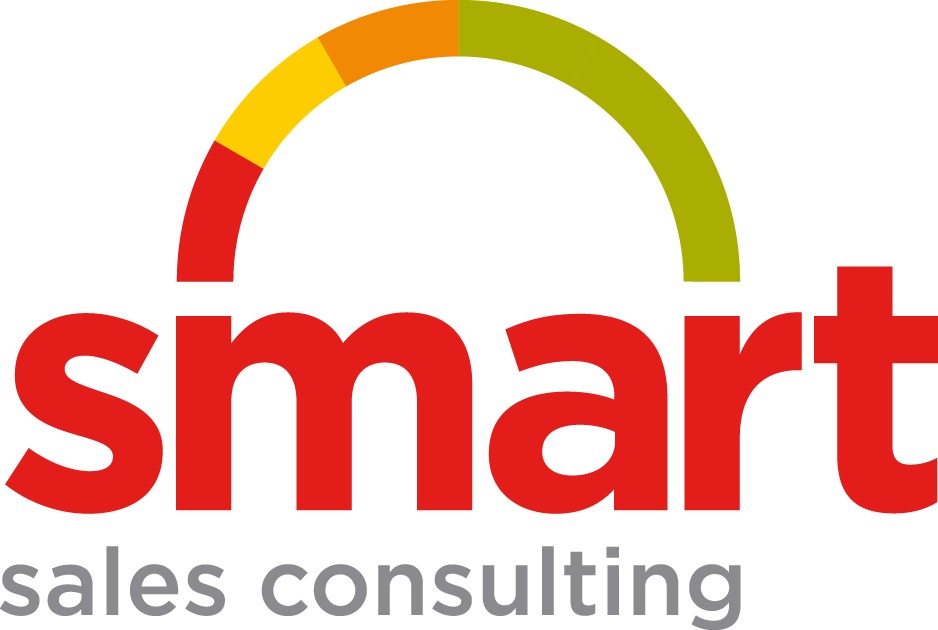Understanding Strategic Selling: The Art of Gaining Multiple Yeses
In the realm of sales, the concept of strategic selling has become a cornerstone for businesses aiming to secure more than just a single affirmative response. It is about understanding and leveraging the dynamics within a potential client's organisation to build a compelling case that leads to a consensus among key decision-makers. At Smart Sales Consulting, we believe that strategic selling is not just about closing deals, but about fostering relationships that lead to sustainable success.
What is Strategic Selling in Business?
Strategic selling in business involves a meticulous approach to identify and engage with the various buyer influencers and decision-makers within a target organisation. It's about mapping out the power structure and understanding the roles of each player involved in the purchasing decision. By doing so, sales consultants can tailor their pitch to address the specific needs and concerns of each stakeholder, ensuring that the solution presented aligns with the overall goals and challenges of the business.
The ultimate aim is to create win/win outcomes, where both the buyer and the seller derive significant value from the transaction. This requires a deep dive into the customer's organisational dynamics and the ability to articulate how your product or service can solve their problems more effectively than competing alternatives.
The Strategic Element in Sales
When we talk about something being strategic in sales, we're referring to the deliberate and calculated steps taken to identify and engage with the ideal customer profile. This profile is defined by both demographic and psychographic factors.
Demographics include measurable statistics such as industry, company size, revenue, and geographic location. These factors help in segmenting the market and focusing efforts on the most promising prospects.
Psychographics, on the other hand, delve into the behavioral aspects such as the company's values, culture, and buying motivations. Understanding these elements helps in crafting a personalised approach that resonates on a deeper level with potential clients.
By combining these insights, sales consultants can zero in on customers who not only need the product or service but are also likely to appreciate the unique value proposition being offered. This targeted approach significantly increases the likelihood of securing a positive response.
The Meaning of Selling Strategies
Selling strategies revolve around leveraging both demographic and psychographic insights to identify the ideal customer with a high propensity to buy. This means understanding who the most likely buyers are, what drives their purchasing decisions, and how to communicate your value proposition in a way that addresses their specific needs and concerns.
A well-defined selling strategy provides a clear roadmap for sales efforts, ensuring that resources are focused on the most promising opportunities. It involves segmenting the market, targeting the right audience, and crafting messages that resonate with them, ultimately leading to higher conversion rates and more sustainable business relationships.
Tactical Selling vs. Strategic Selling
While both tactical and strategic selling are essential components of a successful sales process, they serve different purposes and operate on different levels.
Tactical selling refers to the specific actions and techniques used to close individual deals. These tactics can include prospecting, cold calling, product demonstrations, handling objections, and negotiating terms. Tactics are about the immediate methods used to achieve a win outcome in the short term.
Strategic selling, however, is about defining the broader landscape that facilitates your route to market. It involves understanding the market environment, identifying key players and influencers, developing long-term relationships, and aligning your sales efforts with the overall business strategy. Strategies provide the framework within which tactics are deployed, ensuring that every action taken is part of a coherent plan aimed at sustainable growth.
Conclusion
At Smart Sales Consulting, we emphasise the importance of strategic selling as a means to not just close deals, but to build lasting relationships and drive long-term success. By understanding the intricate dynamics within a client’s organisation and identifying the ideal customer profile, we help businesses create compelling value propositions that lead to more than just one yes. Our approach ensures that every sales effort is part of a strategic plan, aimed at achieving win/win outcomes that benefit both the buyer and the seller.
